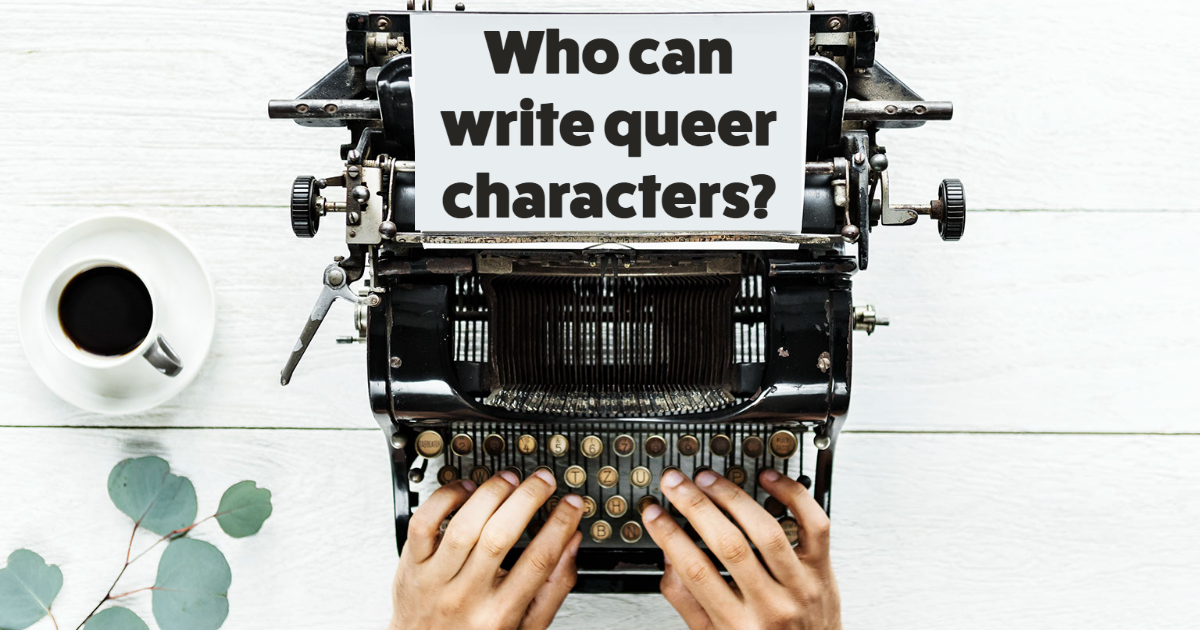|
The short answer: Anyone!
The longer, much more accurate answer: Anyone who will write their queer characters with the same level of respect and dignity and research that they would any other character. Queer characters should exist in stories, the same way they exist in the real world. Even if you’re not part of the LGBTQIA+ community, any world you create needs to acknowledge that queerness is part of life, part of story, part of humanity. Plus, writing stories is about blending our own unique reality with creative license, with imagination and deep ponderance of the world around us, including the parts we don’t know everything about. Great writers have great empathy, the ability to imagine what it’s like to live in someone else’s shoes. And wouldn’t this world, and literature in general, be incredibly boring if authors only wrote characters like themselves? What’s important is how you write queer characters. Here are some things you need first.
Here are some things to keep in mind as you think about your characters.
0 Comments
Leave a Reply. |
How Do I Book?We'll try to find the answer to that question in our blog. Archives
August 2023
Categories
All
|


 RSS Feed
RSS Feed